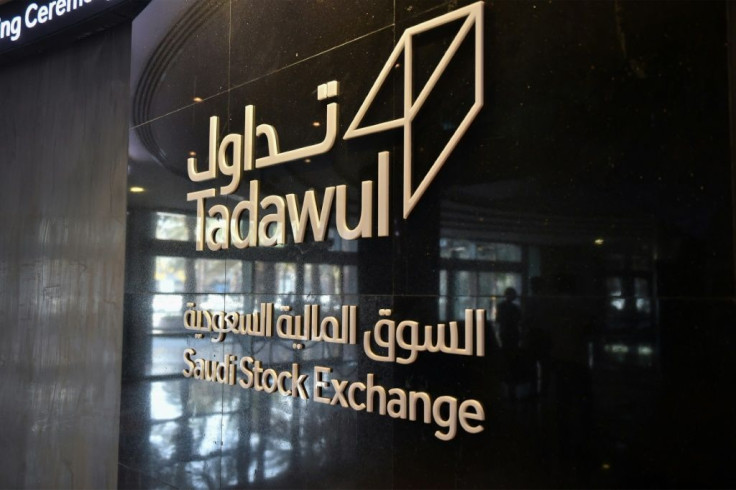Aramco Listing Boosts Saudi Bourse Into World's Elite

Saudi stock exchange Tadawul, already the largest Arab bourse, has been catapulted into the global top ten with the listing of energy giant Aramco on Wednesday.
Minutes after trading began, Aramco's valuation soared to $1.88 trillion, dwarfing the combined $500 billion value of all the other companies in the Saudi market.
The giant addition makes the Saudi bourse the ninth biggest in the world, according to Bloomberg News, edging out the Bombay Stock Exchange and advancing on the Canadian and German markets.
Aramco's shares rose the maximum allowed 10 percent after the opening bell, and even though just 1.5 percent of the company was sold in the IPO, the market's capitalisation is likely to get another boost in Thursday's session.
Saudi Energy Minister Prince Abdulaziz bin Salman, the elder half-brother of de factor ruler Crown Prince Mohammed bin Salman, last week said he expected Aramco's capitalisation could hit $2 trillion shortly.
Established in 1985, Tadawul was upgraded to the status of an emerging market by global index provider MSCI in June last year, three months after the global FTSE Russell index granted it secondary emerging market status.
The two moves, coupled with the Saudi Capital Market Authority's easing restrictions on foreign ownership, are aimed at luring billions of dollars in foreign investment.
Tadawul, which has 200 firms listed, has had its ups and downs over the past two decades.
The most painful was a massive crash in 2006 when the Tadawul All-Shares Index (TASI) dived from its historical high above 20,634 points on February 25, 2006 to below 8,000 points, wiping off 65 percent of the index.
The crash was attributed mainly to severe correction pressures following seven years of continuous advances in which the index multiplied 10-fold. But the implosion was also blamed on the lack of sufficient regulation.
In 2008, TASI shed 56.5 percent due to the impact of the global financial crisis that hit almost all world bourses.
And in 2016, the market fell 36 percent after oil prices crashed to below $30 a barrel from well over $100 a barrel.
Saudi Arabia, the world's top crude exporter, depends on oil revenues for more than 80 percent of public income.
The inclusion of Tadawul into MSCI and the global FTSE Russell index followed a series of reforms by the market and its regulator, the Saudi Capital Market Authority, to make it easier for foreigners to invest.
Overseas institutions with at least 3.75 billion riyals ($1 billion) under management were allowed to invest on the Tadawul, reducing the required amount from 18.75 billion riyals.
The regulator also doubled the amount of a stock which foreign institutional investors may own, to a maximum of 10 percent of a listed company.
© Copyright AFP 2024. All rights reserved.





















